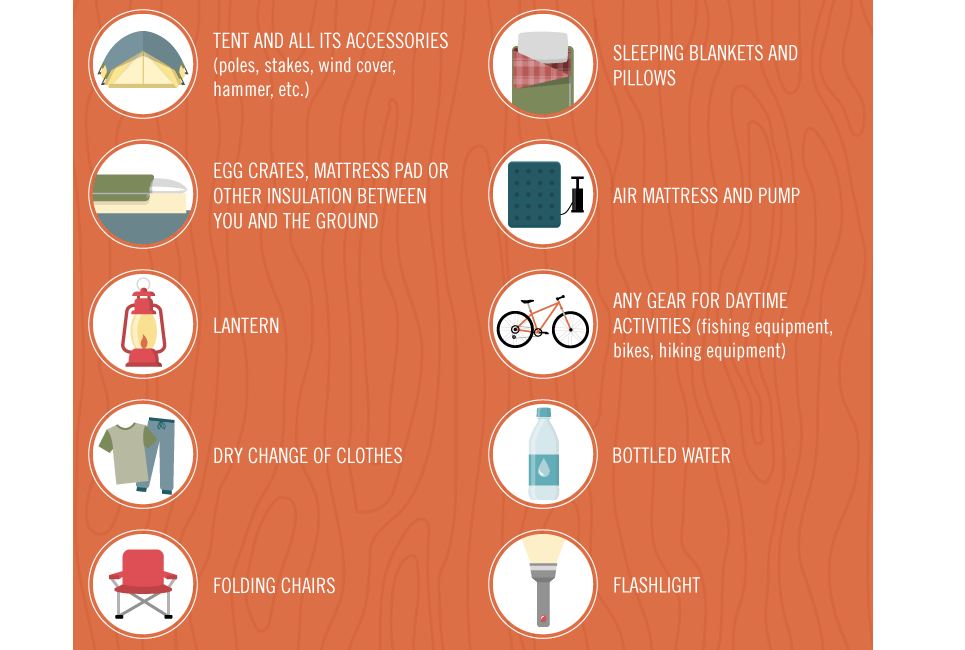A four-season tent is ideal for winter hill camping or cold environments where snow and wind are a given. High-quality four-season outdoors tents use remarkable insulation and weather resistance for defense in extreme problems.
Effective four-season camping tents make use of building top quality more than raw R-values. Discover just how rigid foam, polystyrene, and other products maintain these camping tents warmer and drier.
Fiberglass Insulation
Fiberglass insulation is a popular selection for house owners and DIYers looking to improve their home's power performance. Made from recycled glass and sand, fiberglass is non-combustible and doesn't need added fire-retardant treatment for domestic usage.
It is typically a pink-tinted material that can be mounted in several forms, consisting of attics, crawl space joists, and basement walls. It's readily available in covering form, referred to as "batts," and is marketed in bags containing conventional pre-cut sizes and sizes. Faced or unfaced batts can be placed in between joists, while an attic room covering of loose-fill fiberglass can cover a room's floor to mute audio transmission in between floors in two-story homes.
Fiberglass' insulating power is determined by its R-Value, which suggests the product's capacity to resist heat flow. A higher R-Value indicates higher protecting ability. This R-Value depends upon the environment area in which an individual lives; consult a regional building supply business to figure out the details R-Value that will certainly attain optimum results in your area.
Polystyrene Insulation
In addition to being an excellent thermal insulator, polystyrene insulation can give shock absorption and dampness resistance. It is also lightweight and affordable, making it a popular choice for domestic applications. Nevertheless, there are some disadvantages to polystyrene insulation.
Among the primary problems is that it has a tendency to take in water, which can endanger its insulating residential or commercial properties. Expanded polystyrene insulation has a water vapor permeance of regarding 2-4%, which is higher than many various other sorts of insulation.
An additional concern is that polystyrene can thaw when subjected to flame. This can produce harmful liquified insulation that may drip and spread fire throughout the framework. To avoid this tent stove issue, you must make use of a fire-resistant polyiso board instead of expanding foam. Fabco Thermal Insulation Factory offers polyiso insulation solutions that meet the demands of modern-day household building and construction. This insulation protects against warmth loss with structures and enhances home energy effectiveness. It is also resistant to moisture and has a high R-value per inch.
Styrofoam Insulation
Styrofoam insulation is lightweight and insulating, maintaining your camper cozy in rough weather condition. It is likewise moisture resistant, meaning it will not warp or degrade when exposed to damp problems.
Many individuals utilize the term "styrofoam" to refer to a range of white foam packaging and disposable cups, yet true styrofoam is closed-cell extruded polystyrene foam that is trademarked as Styrofoam brand XPS insulation. These inflexible foam boards are commonly blue or pink and have an unique look.
This insulation is a popular selection in structure and shipping due to its shock-absorbing properties. It is also a favored for product packaging food and beverages as a result of its capacity to keep heat. On top of that, styrofoam is very affordable, making it a wonderful option for makers and consumers alike. Given that its creation in 1941, styrofoam has developed an online reputation as a cutting-edge building item. In 2019, DuPont started reformulating Styrofoam to provide a low-global warming potential (GWP) formula signified by a grey shade.
Stiff Foam Insulation
Rigid foam insulation is an ingenious building product that offers a range of significant benefits. It seals gaps, air leakages and maintains interior temperature to decrease energy waste and lower utility costs. It likewise avoids ice clogging around structures and can help in reducing condensation, mold and mildew and mold that may cause damages to walls.
Foam insulation can be conveniently cut with a saw and sliced and snapped like drywall, making it simple to set up around blockages such as cables, junction boxes and supporting. Unlike fiberglass, stiff foam insulation is unaffected by dampness and does not alter dimensions or take in water.
Foam insulation is fire-rated and does not consist of formaldehyde or other additives that can adversely affect human health. The chemistry of rigid foam insulation also makes it a lot more ecologically lasting, with high R-values conserving over 40 BTUs of energy for every single BTU made use of to make the product. This substantially outpaces the energy saved by fiberglass insulation which sheds up to 80% of its performance in time.
